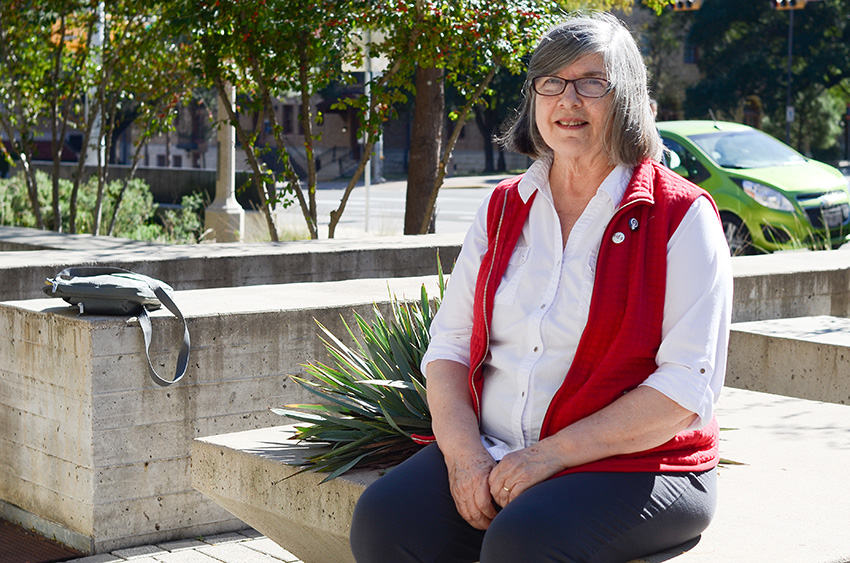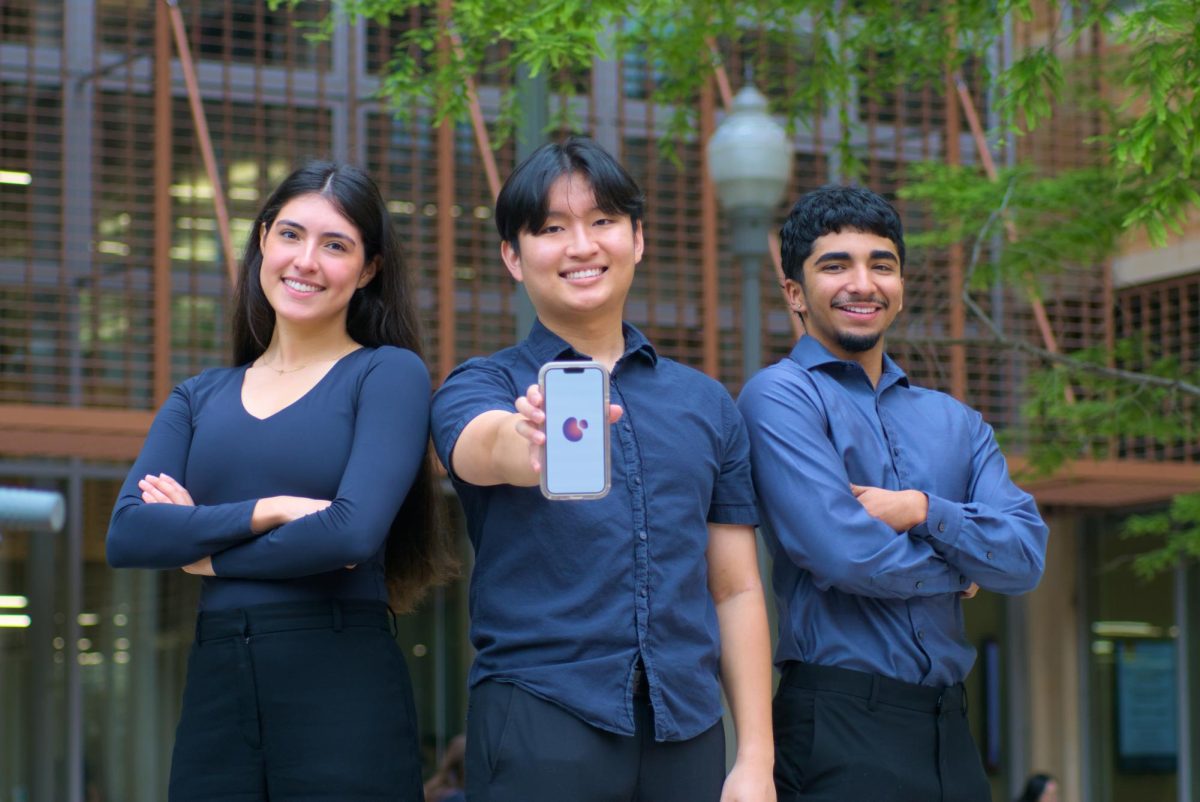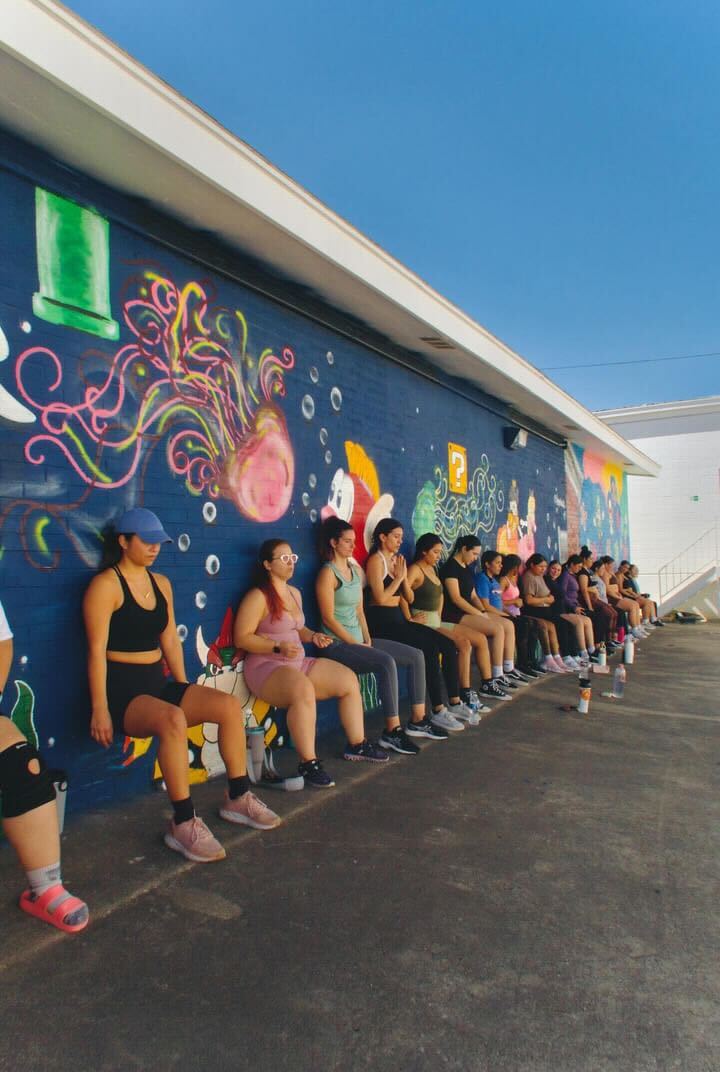Set to take part in a Chilean Exchange Program, Alice Embree was shocked when Frank Erwin canceled the trip. Even more surprising was his reason why: In Erwin’s words, it was “the Embree girl.”
After the assassination of President John F. Kennedy in 1963, Embree’s interest in political organizations spiked. She joined Students for a Democratic Society, a student activist movement, where she soon became a prominent female figure and anti-war activist.
“It was inspiring that people were taking their lives into their own hands, sitting at restaurant counters and saying ‘We want to eat,’” Embree said. “Instead of waiting around for change, we were taking direct action and building a social movement to make things happen.”
But the activists faced many obstacles. Prolific figures such as Erwin, a UT System Regent, greatly disliked them. In 1967, during a meeting held by the society at the West Mall, Embree was one of six students singled out and placed on disciplinary probation for allegedly holding a meeting in an unapproved location. Originally, the students were meant to be suspended from the University, but based on a free speech defense, the charges were dropped.
“In 1964, we were really a small number of students bucking up against a power structure that didn’t want to hear us,” Embree said. “You felt kind of embattled, but it made for a very cohesive community of activists who all knew each other.”
Following her placement on disciplinary probation, Embree left the University and headed to New York, where she became involved with organizations doing research on Latin America and the city’s underground newspaper, Rat.
Soon after its creation, Embree joined The Rag, an underground, progressive newspaper created in Austin in response to the appointment of conservative editor John Economidy at The Daily Texan. Although she was one of the publication’s first members, as a woman, she was confined to typing. During the women’s liberation movement, Embree said she noticed a greater inclusion of women writers and more articles focused on women’s issues.
“Austin had these growing New Left and counter-culture communities that we wanted to sort of bring together,” said Thorne Dreyer, the original editor of The Rag. “[The Rag] was the beginning of Austin’s cultural renaissance, and it’s what really started making Austin weird.”
Starting in 1970, Embree became actively involved in the women’s liberation movement and contributed to one of the first anthologies of feminist writings, “Sisterhood is Powerful.” Eventually, she moved back to Austin and began an organization for working women called Austin Women Workers and a women’s press titled Red River
Women’s Press.
“I see myself as having been brought into activism before women’s liberation, but when women’s groups began, my voice just changed,” Embree said. “It was a more personal issue for me because it wasn’t about the rights of others, it was about the rights of women. It took a while, but women slowly began to see how these things we all felt were personal were actually political.”
After the Red River Women’s Press was flooded in 1981, Embree decided to return to her roots at UT. There, she began working as a clerical worker in Spanish and Portuguese, and in 1982, she obtained her degree while eight months pregnant and balancing work and school.
“I began to deal with the issues that many working women do,” Embree said. “It’s very tough and often done with very little social support network.”
Despite the adversity she’s faced, Embree said she has no regrets in the activism work she’s done and continues to advocate for what she believes.
“In the long haul, I would not trade my life for another one at all,” Embree said. “You feel a solidarity with people around the world who are doing the same thing, and what you gain from this is more than the losses you may feel along the way. It’s worth it.”















